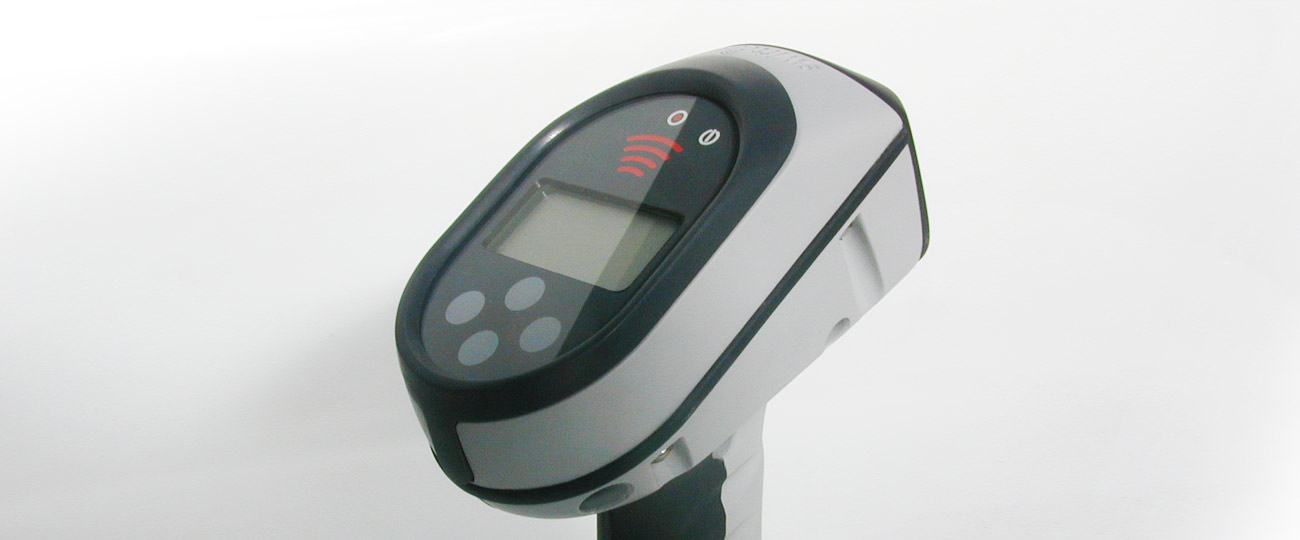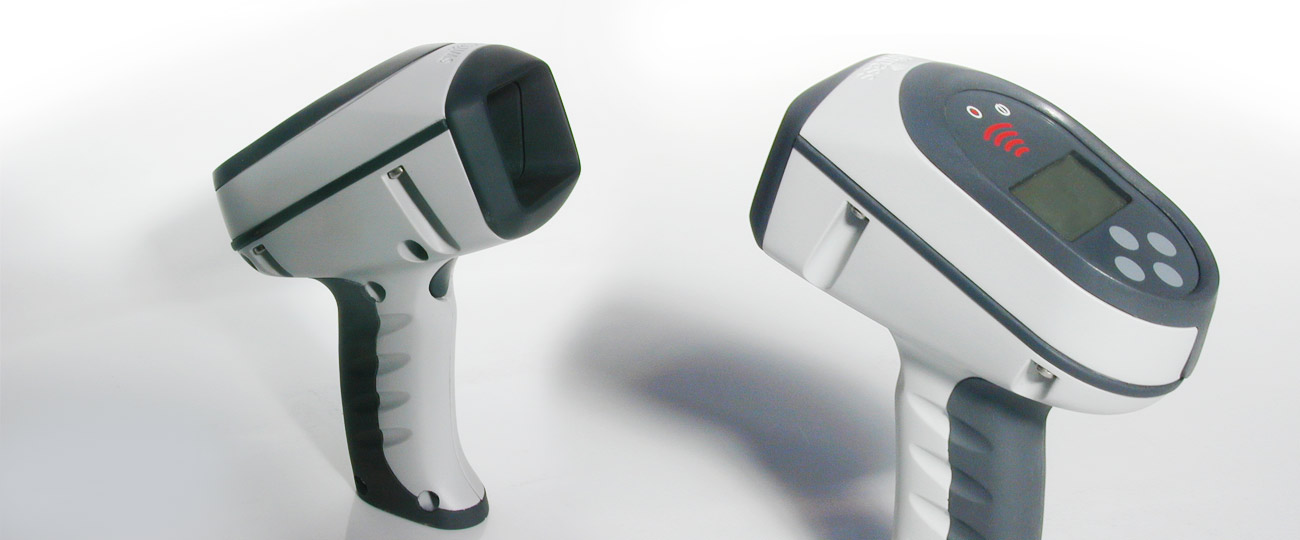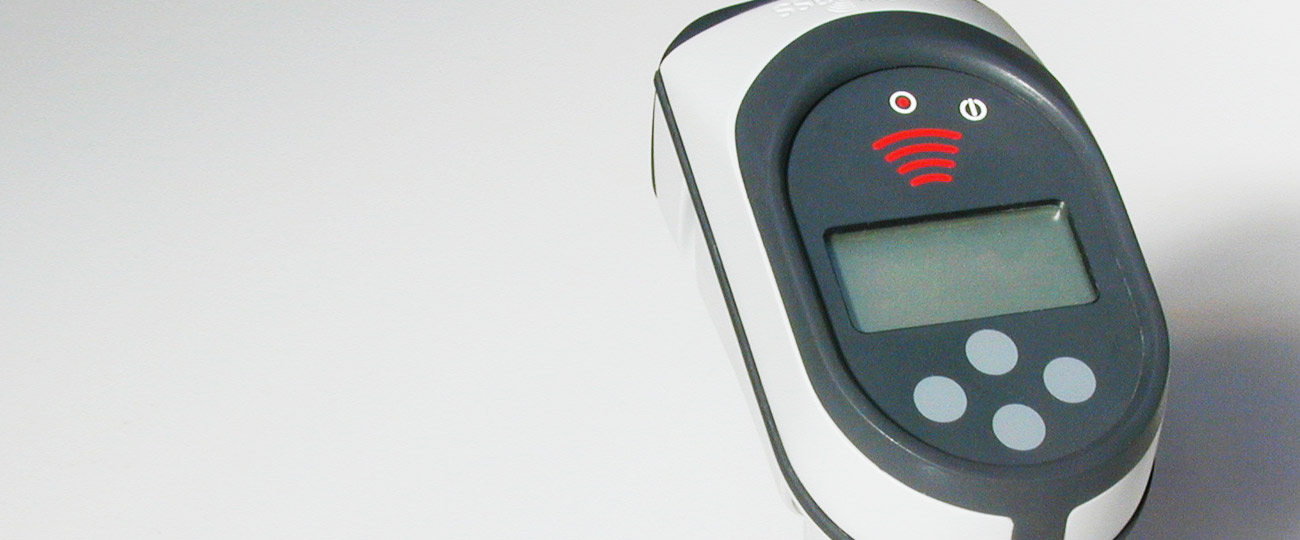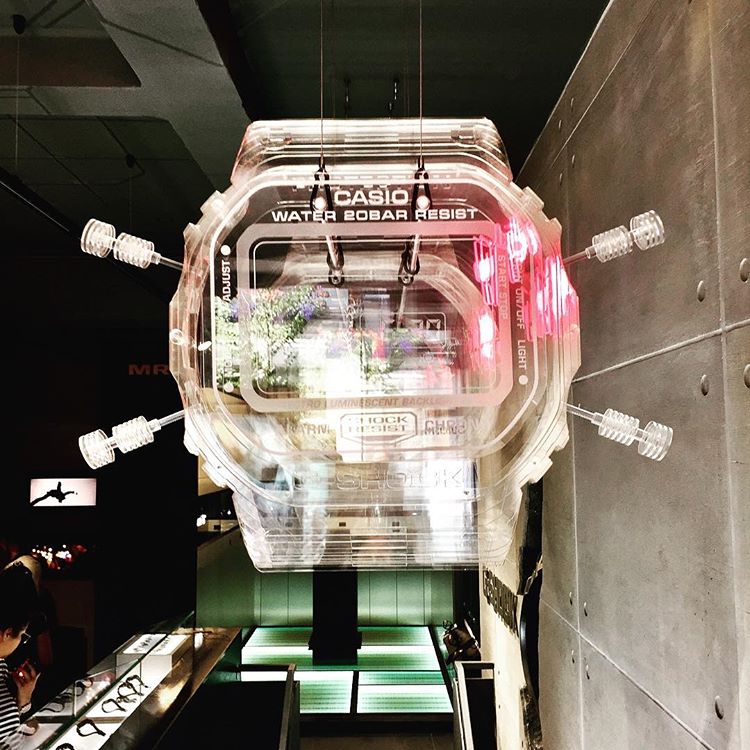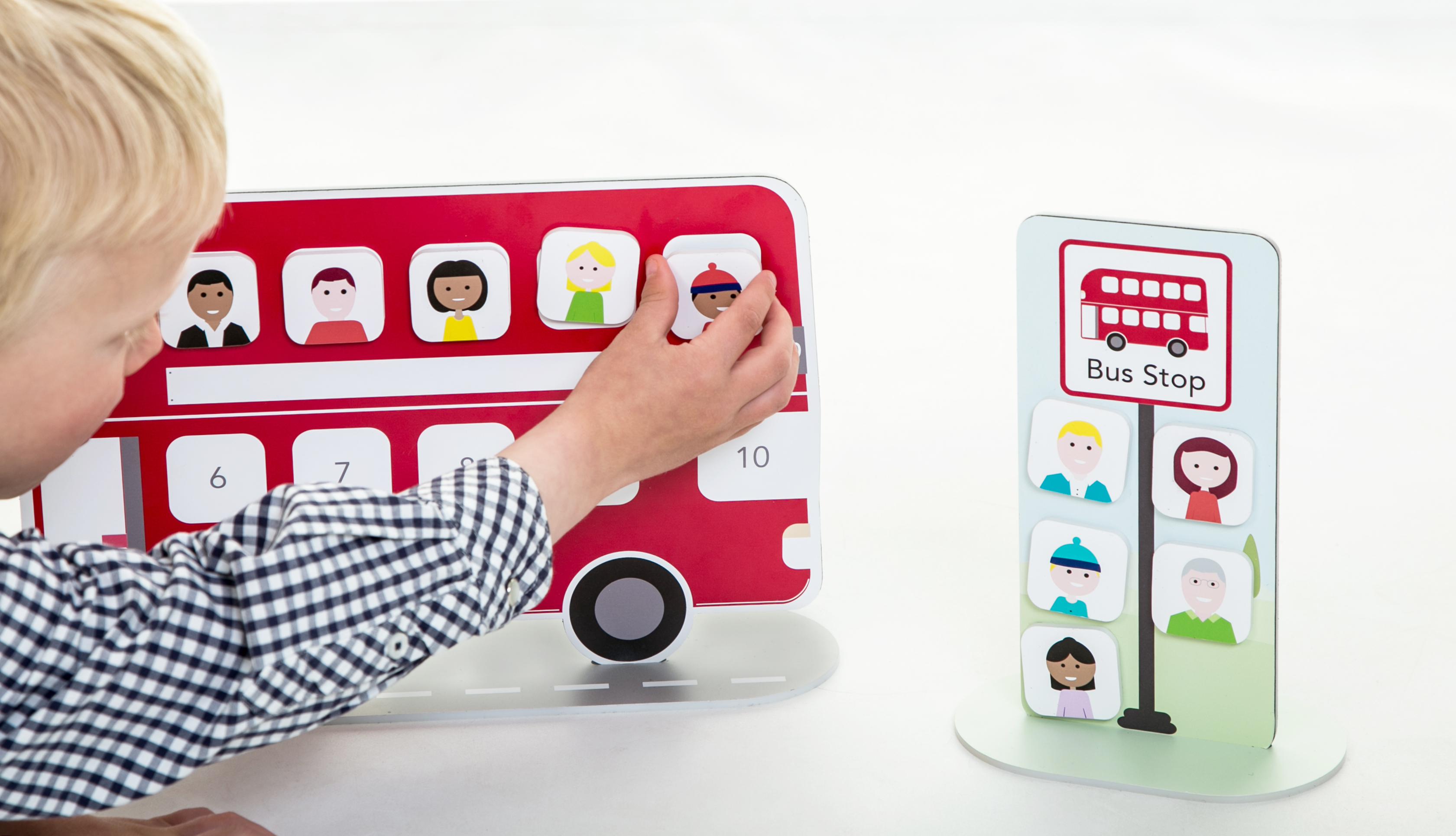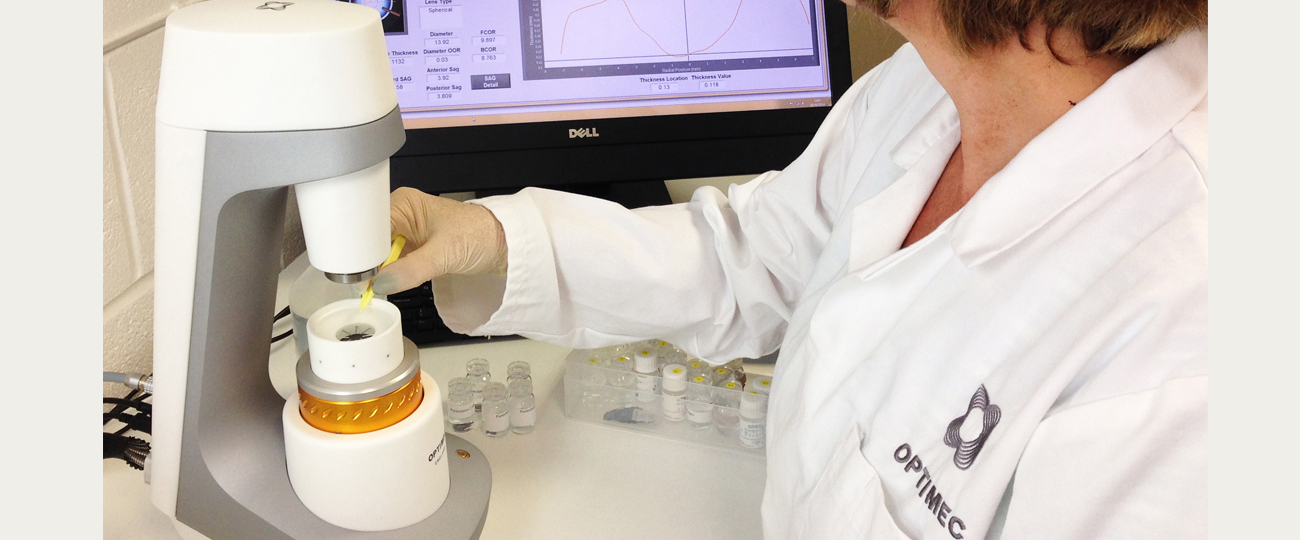This working prototype of a mobile ticketing scanner was one of 20 vacuum casts made from rapid prototyped masters. They were used for fit and function testing before the first-to-market scanner of its kind was launched. The Swiftpass product was designed by Blue Terrapin with electronics by Panik Technology (now Kinneir Dufort).
Vacuum casting is an ideal process for producing low-volume batches of functional plastic mouldings because of its low initial cost and rapid turn-around times. Using a master model produced by 3D printing or a modified existing part, Amalgam can produce soft tooling capable of producing batches of components such as this hand held device in a matter of days. This allows rapid evaluation of new designs with minimum cost but can also serve, as in this case, to supply clients with robust, fully functional working prototypes which are identical in quality, look and feel to their mass-produced cousins.
We are able to create these master models on our 3D printer, which has been in near constant use since it arrived last year. We are able to create fine-tolerance parts from CAD supplied to us or drawn up from scratch, and once the 3D print has been cleaned up and hand-finished, it can be replicated in a range of materials analogous to the final production component. Working prototype models are invaluable for testing functional aspects and ergonomic principles, for example rubberised or soft components can be created to a quantifiable level of softness, allowing an extremely high level of control over the design.

